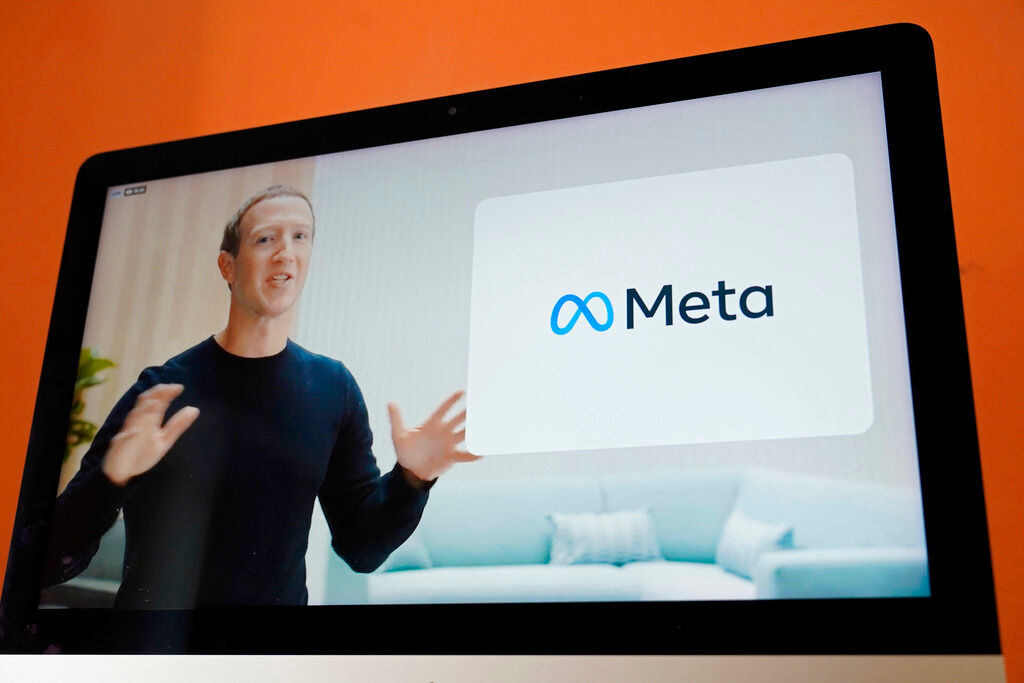Meta (formerly Facebook) is aware that virtual reality can be a “toxic environment,” especially for women and minorities, and Metaverse would be an “existential threat” to Facebook if it turned off “mainstream customers from the medium entirely.”
According to the Financial Times, Facebook wants its virtual worlds to have “almost Disney levels of safety”, citing an internal memo from Meta CTO Andrew Bosworth. According to the FT report on Friday, Bosworth acknowledged that moderating how users speak and behave “at any meaningful scale” is “practically impossible.”
Also Read | In Mark Zuckerberg’s metaverse plan, plenty of pitfalls await
Later, in a blog post, Bosworth stated that technology that creates new possibilities can also be used to harm people, and that “we must be mindful of that as we design, iterate, and bring products to market.”
“Harassment in digital spaces is nothing new, and it’s something we and others in the industry have been working to address for years. That work is ongoing and will likely never be finished. It’s continually evolving, though its importance remains constant. It’s an incredibly daunting task,” he noted.
Also Read | Facebook cancels 937 accounts linked to Nicaragua government
Meta has committed $50 million to research into the practical and ethical issues surrounding its metaverse. This year, the social network plans to spend at least $10 billion on metaverse-related projects, and it’s changing its financial reporting to separate revenue from Facebook Reality Labs and its family of apps.
The metaverse will be a social, 3D virtual space immersive experiences can be shared with others even they can’t be together in person – and do things together that they can’t do in the real world.
Also Read | Mark Zuckerberg promotes Meta Quest Games, Internet refuses to play along
“Of course, there are limitations to what we can do. For example, we can’t record everything that happens in VR indefinitely it would be a violation of people’s privacy, and at some point, the headset would run out of memory and power,” Bosworth said.






